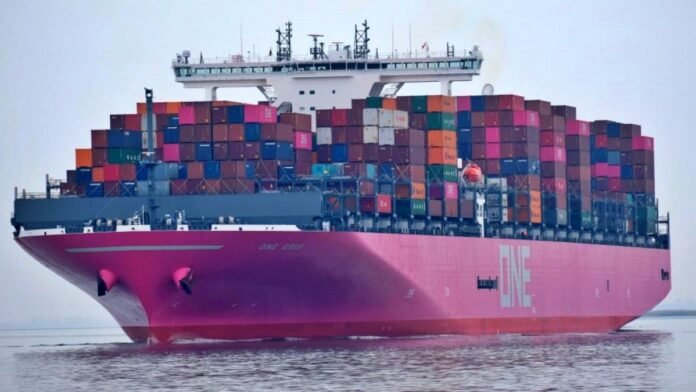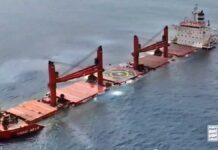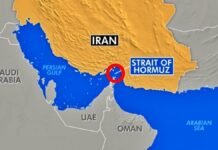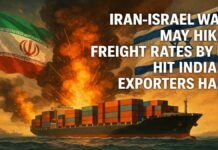
Key Points
- Ongoing Iran-Israel conflict is directly impacting India’s foreign trade, with both nations being key trade partners.
- India’s Ministry of Commerce has called an urgent meeting with exporters, shipping companies, and logistics operators to assess the fallout.
- Exporters are concerned about possible disruptions in the Strait of Hormuz and the Red Sea, both vital sea routes for India’s oil, LNG, and merchandise trade.
- Any closure or military escalation could spike oil prices, shipping costs, and insurance premiums, leading to inflation and pressure on the rupee.
- India’s exports to Israel have already dropped by more than half in the last year, with imports also declining sharply.
New Delhi: As the war between Iran and Israel enters its second week, India’s Ministry of Commerce is taking urgent steps to assess and mitigate the conflict’s impact on the country’s foreign trade. Both Iran and Israel are important economic partners for India, and the ongoing hostilities are already sending shockwaves through trade and shipping sectors.
On Friday, the Commerce Ministry convened a high-level meeting including representatives from shipping companies, container operators, exporters, and various government departments. The agenda: to review risks, discuss contingency plans, and coordinate a national response to disruptions in key maritime routes.
Why Are Indian Exporters Worried?
Exporters are sounding the alarm over several immediate threats:
- Rising Freight Costs: Any escalation could push up both air and sea freight rates, squeezing profit margins and making Indian goods less competitive globally.
- Route Disruptions: The Strait of Hormuz and the Red Sea are critical chokepoints for Indian trade. Iran has threatened to close the Strait of Hormuz, a move that would choke off nearly two-thirds of India’s crude oil and over half of its LNG imports.
- Shipping Delays: Military action or blockades could halt commercial shipping, delay deliveries, and disrupt supply chains.
The Strait of Hormuz: India’s Oil Lifeline
- Only 21 miles wide, the Strait of Hormuz is one of the world’s most strategic waterways.
- About 20% of global oil trade and a significant portion of India’s energy imports pass through this narrow corridor.
- Any closure or military incident here could cause oil prices to skyrocket, raise shipping and insurance costs, and trigger inflation in India.
The Red Sea Crisis: Impact on Global and Indian Trade
- Vital Route: 80% of India’s merchandise trade with Europe, and a large share of U.S.-bound goods, moves through the Red Sea.
- Global Importance: The Red Sea handles 30% of the world’s container traffic and 12% of global trade.
- Export Exposure: Europe and America account for 34% of India’s total exports, highlighting the vulnerability of Indian trade to disruptions in this region.
Trade Figures Show Immediate Impact
- Exports to Israel: Dropped from $4.5 billion in 2023-24 to just $2.1 billion in 2024-25.
- Imports from Israel: Also fell, from over $2 billion to $1.6 billion in the same period.
This sharp decline reflects the chilling effect of war on bilateral trade, with exporters already feeling the pinch.
Economic Risks: Inflation, Rupee Pressure, and Fiscal Challenges
According to the Global Trade Research Initiative (GTRI), any sustained disruption in these maritime routes could:
- Cause a spike in oil and LNG prices, raising inflation in India.
- Increase shipping and insurance costs, further straining businesses.
- Put downward pressure on the rupee and complicate government financial planning.
The Iran-Israel conflict poses a serious and immediate threat to India’s foreign trade, energy security, and economic stability. The government’s proactive engagement with industry stakeholders highlights the gravity of the situation. As tensions continue in the Middle East, Indian businesses and policymakers must brace for potential shocks to the nation’s economic lifelines.






















































